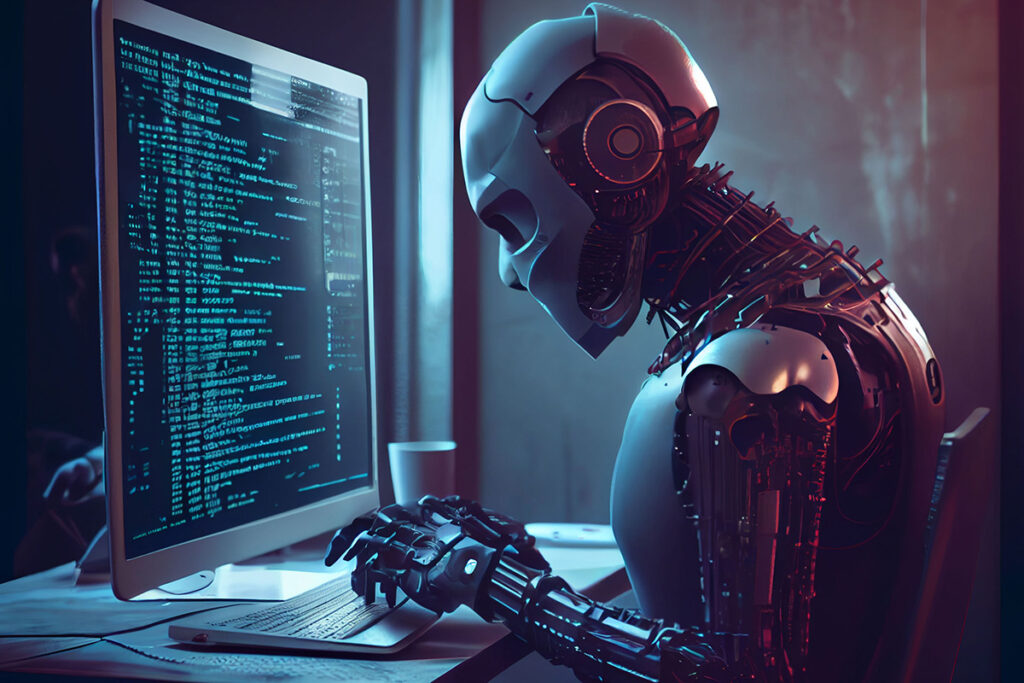With artificial intelligence (AI), machines can perform tasks much better, faster and with fewer errors than humans. Recent research concludes more subtly: under certain conditions, humans perform better than machine learning algorithms when it comes to decision-making. In which context do humans beat the algorithms? What are the implications for strategy and resource allocation?
Does an algorithm perform better than business angels to select start-ups to invest in?
In their research, Blohm & al. compare the investment returns of an algorithm with those of 255 business angels investing via an angel investment platform. In particular, they explore the influence on business angels’ returns of experience and three human biases:
- Local bias (favouring companies located in the same geographic area)
- Overconfidence bias (tendency to overestimate their knowledge and investment skills)
- Loss aversion (tendency to be more sensitive to potential losses than to potential gains)
The results show that business angels with high levels of decision biases have lower investment returns than those who show lower levels of biases. Additionally, results show that the algorithm outperforms the majority of business angels.
However, there is one category of investors that performs better than the algorithm: those who manage to use their experience to suppress biases in their decision-making can produce better returns.
Important strategic implications
This study shows that even in high-uncertainty contexts such as angel investing, algorithms perform better than experienced humans. This has an implication on the strategic importance of such algorithms: As the scope of activities that are under threat of being automated is important, companies that built an advantage out of their human talent and processes see this advantagevanishing and that of companies using algorithms to make decisions increasing.
Nevertheless, as the information to train an algorithm for making a specific decision is widely available, as well as the talent, software and infrastructure, such algorithms’ uniqueness and distinctiveness decrease.
In order to make a difference companies will need to invest a lot of resources to attract, retain and upskill experienced managers.
Overall, we may expect some commoditisation of automated decision-making: more available and easy to access, thenless distinctive and a source of competitive advantage(unless the company has proprietary access to a very specific and valuable dataset to train the model).
The study also concludes that humans able to reduce their biases with the accumulated experience still perform better than the algorithm. This has an implication of the strategic importance of highly experienced human resources: As the type of decisions and contexts for which algorithms perform better is more important, in order to make a difference companies will need to invest a lot of resources to attract, retain and upskill experienced managers.
Automated decision-making is likely to become a commodity and the source of competitive advantage still is human-based but limited to the most experienced resources.
This article is based on a post published on Prof. Benyayer’s blog.
This post gives the views of its author, not the position of ESCP Business School.
